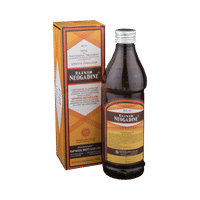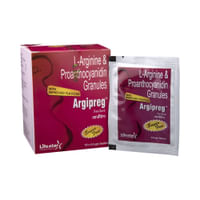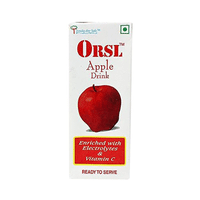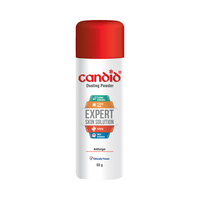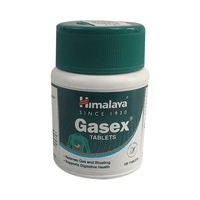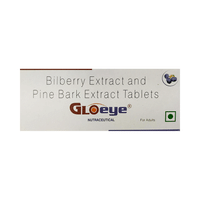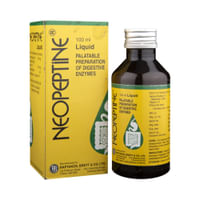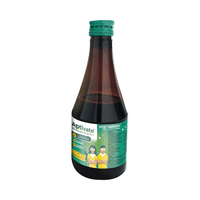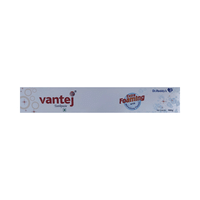Rs.70for 1 tube(s) (10 gm Cream each)
food interaction for Lobate
alcohol interaction for Lobate
pregnancy interaction for Lobate
lactation interaction for Lobate
medicine interaction for Lobate
food
alcohol
pregnancy
lactation
medicine
No interaction found/established
No interaction found/established
Lobate GM Neo Cream may be unsafe to use during pregnancy. Although there are limited studies in humans, animal studies have shown harmful effects on the developing baby. Your doctor will weigh the benefits and any potential risks before prescribing it to you. Please consult your doctor.
CONSULT YOUR DOCTOR
Lobate GM Neo Cream is probably unsafe to use during breastfeeding. Limited human data suggests that the drug may pass into the breastmilk and harm the baby.
CONSULT YOUR DOCTOR
No interaction found/established
SALT INFORMATION FOR Lobate
Clobetasol(0.05% w/w)
Uses
Clobetasol is used in the treatment of allergic skin conditions.
How it works
Clobetasol is a steroid. It works by blocking the production of certain chemical messengers that make the skin red, swollen and itchy.
Common side effects
Skin atrophy, Telangiectasia, Skin irritation, Dry skin, Stretch marks, Cushing syndrome, Suppression of adrenal gland function, Posterior subcapsular cataract, Increased intraocular pressure, Skin rash, Scaling, Induration (hardening of a normally soft tissue or organ), Lichenification, Exacerbation of psoriasis, Plaque elevation, Excoriation
Miconazole(2% w/w)
Uses
Miconazole is used in the treatment of fungal infections.
How it works
Miconazole is an antifungal medication that treats skin infections. It works by killing the fungi on the skin by destroying their cell membrane.
Common side effects
Vaginal burning sensation, Application site irritation, Genital itching, Vulvovaginal discomfort, Pain during periods, Application site burning, Application site warmth, Urticaria, Hypersensitivity
Neomycin(0.5% w/w)
Uses
Neomycin is used in the treatment of bacterial infections.
How it works
Neomycin is an antibiotic. It stops bacterial growth by preventing synthesis of essential proteins required by bacteria to carry out vital functions.
Common side effects
Application site reactions (burning, irritation, itching and redness)
SUBSTITUTES FOR Lobate
208 Substitutes
208 Substitutes
Sorted By
 Rs. 117.60save 1% more per gm of Cream
Rs. 117.60save 1% more per gm of Cream Rs. 76.80pay 7% more per gm of Cream
Rs. 76.80pay 7% more per gm of Cream Rs. 119pay 10% more per gm of Cream
Rs. 119pay 10% more per gm of Cream Rs. 113save 25% more per gm of Cream
Rs. 113save 25% more per gm of Cream Rs. 68.60save 40% more per gm of Cream
Rs. 68.60save 40% more per gm of Cream
Expert advice FOR Lobate
- Clobetasol is used to treat redness, swelling, itching, and discomfort of various skin conditions.
- It should be applied to the affected areas as a thin film, two times daily, or as advised by your doctor.
- Do not use it more often or for longer than advised by your doctor.
- Do not cover the area being treated with airtight dressings such as bandages unless directed by a doctor, as this may increase the risk of side effects.
- If you think the area of skin you are treating has become infected you should stop using Clobetasol and consult your doctor.
- Consult your doctor if your skin condition has not improved after four weeks of treatment. Do not use it for more than 4 consecutive weeks at a time.
Frequently asked questions FOR Lobate
Clobetasol
Q. Can Clobetasol be used for a long time?
No, Clobetasol should not be used for a long time. It is generally prescribed for 2 consecutive weeks only. However, the treatment can be longer for chronic (long-term) inflammatory conditions. Consult your physician before using this medication.
Q. Does Clobetasol cause severe skin reactions?
Severe skin reactions are quite rare with Clobetasol. Clobetasol is an anti-inflammatory drug which is used to treat skin diseases, skin reactions and eczemas. However, skin reactions can occur in a person who is hypersensitive to Clobetasol. It is important to leave the affected area open after applying Clobetasol as using occlusive dressings (air- and water-tight dressing) can lead to skin reactions. The medicine may not itself cause a reaction but the added excipients with the medications can lead to a reaction in some cases. Inform your doctor immediately in case you encounter any skin reactions.
Q. Can Clobetasol be used on the face?
No, Clobetasol should not be used on face. Along with that, its use should be avoided in other areas like the axillae (armpits), groin and if there is atrophy (wasting away of tissues) at the treatment site. However, in certain circumstances, the doctor may prescribe Clobetasol only when considered necessary. It should be used only after consultation with your physician. and if possible, the application on face should be limited to a maximum of 5 days.
Miconazole
Q. Do you need a prescription for Miconazole?
Yes, you can use Miconazole only as a prescription medicine. This means that you can use this medicine only if your doctor prescribes it to you. You should seek the advice of your doctor regarding the type of skin infection you have and the duration of treatment which is required.
Q. Can I use Miconazole during the day?
Miconazole needs to be applied twice daily (morning and night). Whereas, for vaginal infections Miconazole should be used once before bedtime.
Q. Are clotrimazole and Miconazole the same?
No, Clotrimazole and Miconazole are not the same, but uses of both are almost similar. Both Clotrimazole and Miconazole belong to the imidazole class of antifungals.
Neomycin
Q. What is Neomycin? What is it used for?
Neomycin is an antibiotic used to treat bacterial skin infections. It may also be used to treat infected cuts and wounds. Neomycin stops the bacteria from growing, which helps to resolve the symptoms.
Q. Is Neomycin effective?
Neomycin is effective if used in the dose and duration advised by your doctor. Do not stop taking it even if you see improvement in your condition. If you stop using Neomycin too early, the symptoms may return or worsen.
Q. How to use Neomycin?
Before using Neomycin, clean and dry the affected area. Gently and thoroughly massage it into the skin. Be careful not to get the medication in your eyes or mouth. If Neomycin gets in your eyes accidentally, wash with plenty of water and call your doctor if your eyes are irritated.














